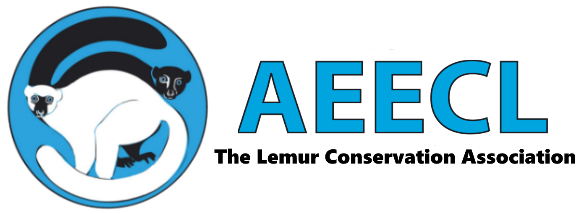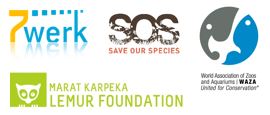Madagascar
Madagascar is an island in the Indian Ocean off the southeast coast of Africa. It is the fourth largest island in the world and broke away from the African continent 165 million years ago. The island has many differing ecosystems, such as tropical rainforests, dry forests, wetlands, coral reefs, savanna, scrublands and grasslands, all contained within a mountainous central plateau surrounded by coastal plains.
Madagascar is approximately 590,000 km2 and home to over 26 million people. The country is considered to one of the poorest nations in the world with a 71.5% poverty rate.
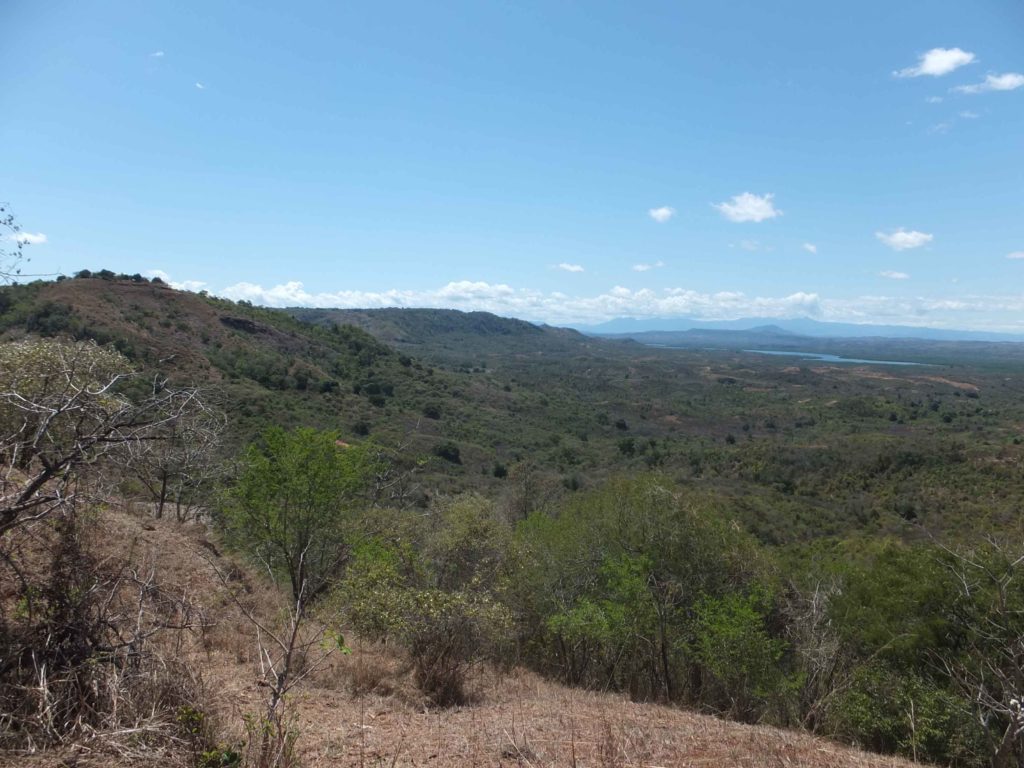
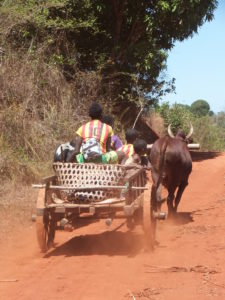
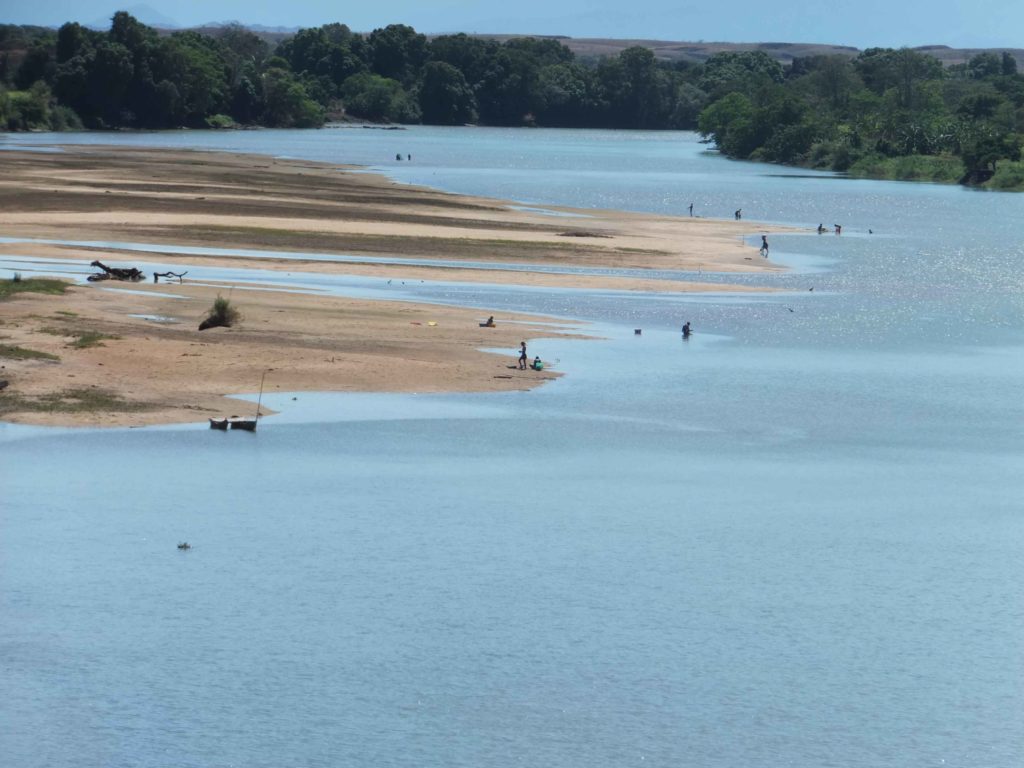
The incredible array of habitats throughout Madagascar makes it an incredibly important hotspot for biodiversity, being home to some of the most endangered species in the world, including all lemur species that are endemic to the island.
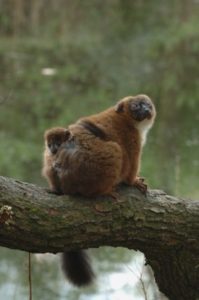
Eulemur rubriventer
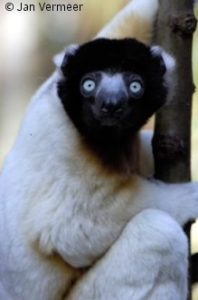
Propithecus coronatus
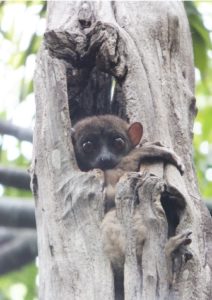
Lepilemur sahamalazensis
Unfortunately, due to the high poverty rate throughout Madagascar, local communities have always turned to their surrounding ecosystems to provide them with food, livelihoods and shelter. Unsustainable practices such as trapping animals for food or to sell for the pet trade, alongside the clearing of land for agriculture has caused fragmentation of the forests and landscapes and a sharp decline in lemur numbers throughout Madagascar.
